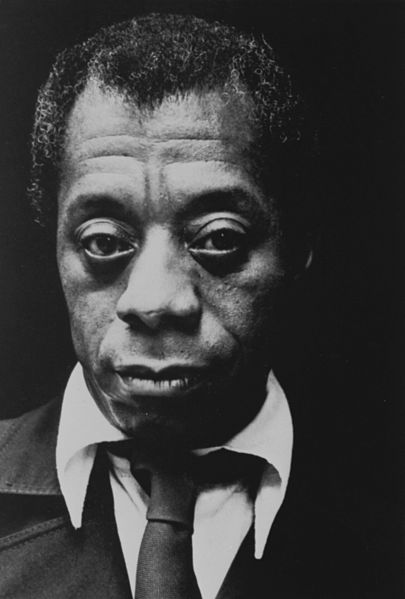Christian Identity and the Hegemony of Mammon
Ian Olson interrogates the exploitative structures which make racism possible and obscure the demonic origin of many American values.
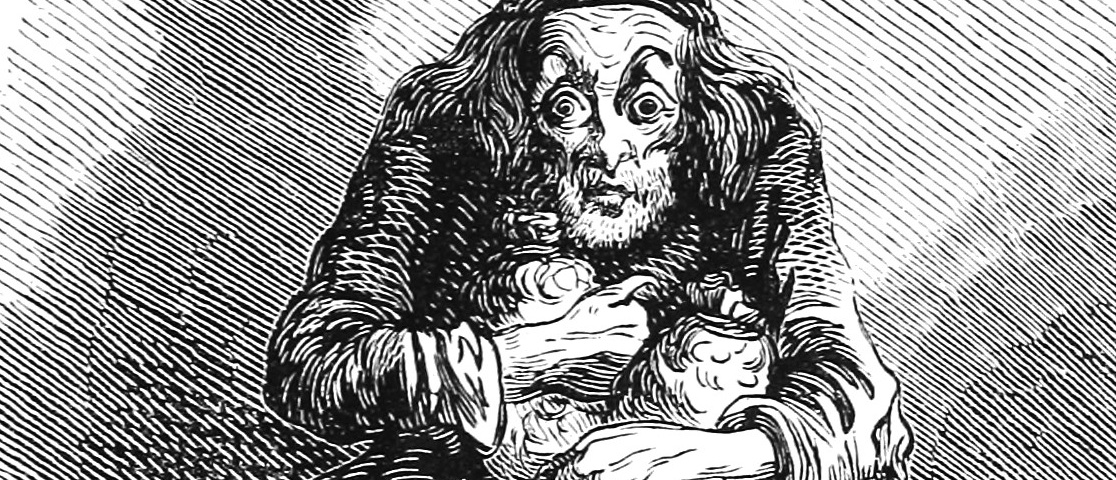
Ian Olson interrogates the exploitative structures which make racism possible and obscure the demonic origin of many American values.

Mary McCampbell shares how reading Shakespeare and Frederick Douglass changes minds about racial injustice.
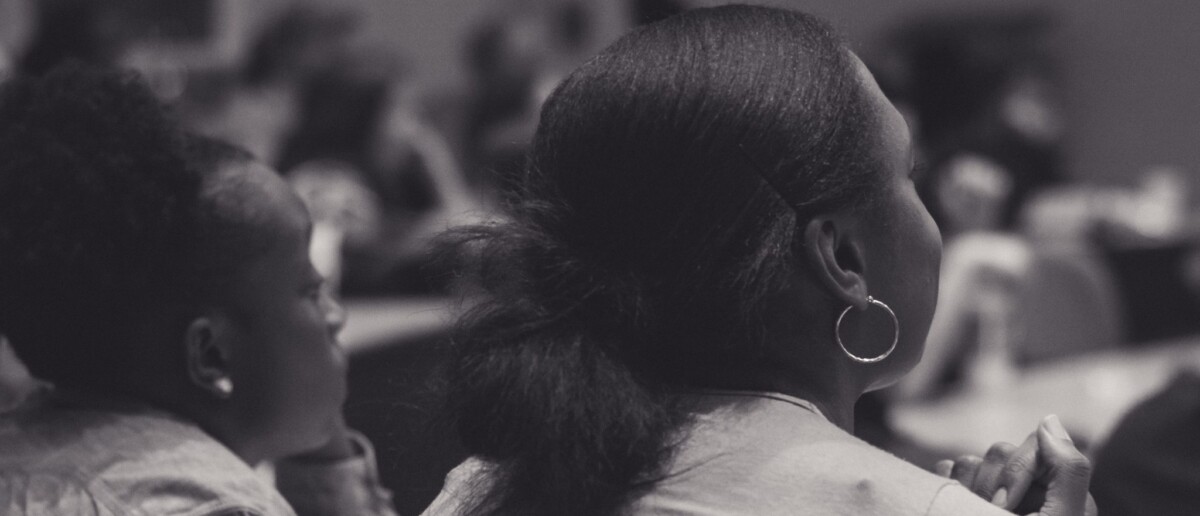
Rose Schrott explores how The Bachelor and American antebellum conceptions of sin invite the white church to reimagine sin and rethink racism.

Chris E. W. Green considers Philip Cary’s The Meaning of Protestant Theology and asks how we are to handle the troubling history of theology.
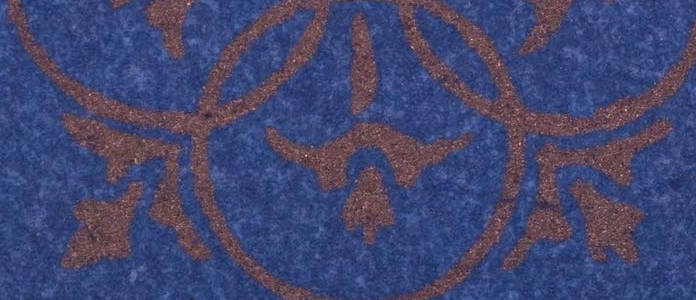
In this interview with Judith Butler, we consider her work in light of the recent events at Standing Rock and the 2016 presidential election.

Peter Herman’s depression helps him nurture empathy and compassion with those who suffer most under a racist regime.

In looking at the rules governing football celebrations, James M. Smith seeks to address Foucault’s notion of the abnormal.

The aftermath of bodily trauma can yield unexpected revelations about oneself and others.
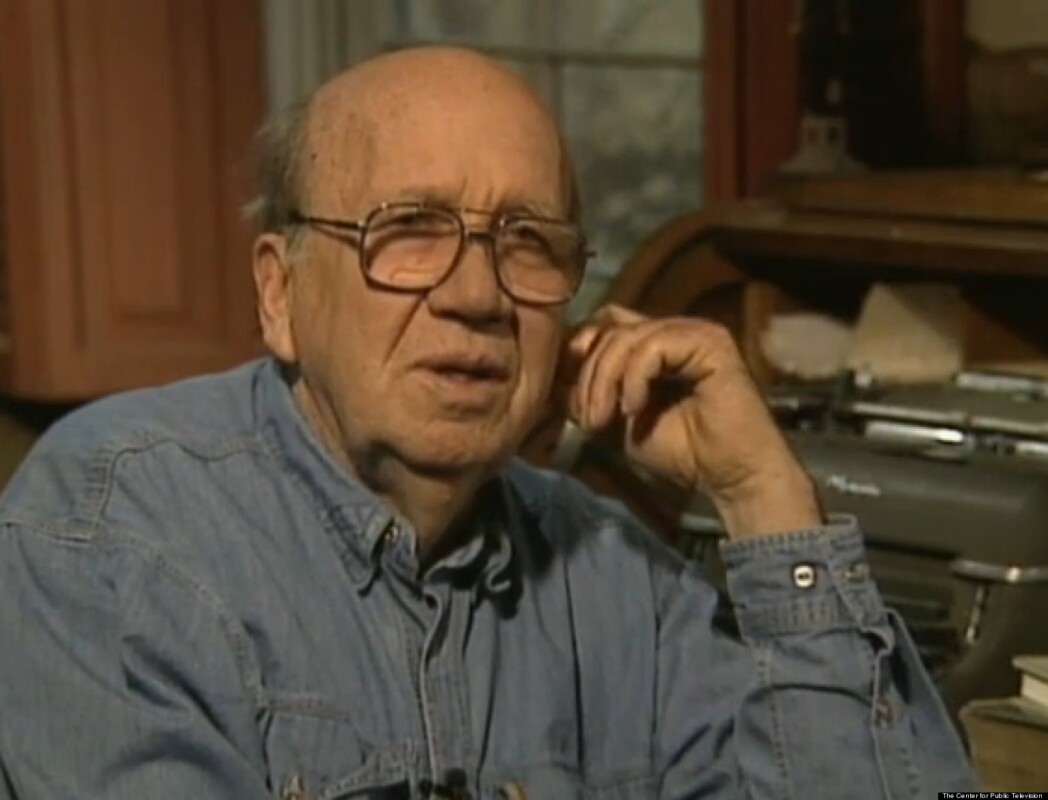
Through an examination of the role of silence in James Baldwin’s novel Go Tell It on the Mountain, this paper explores how prayer can open up life within and beyond a racist, oppressive social order.
